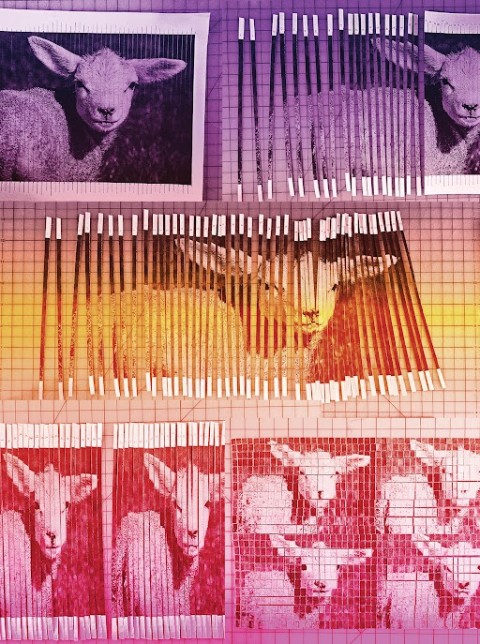What the humanities can offer in this technological moment
The growth of artificial intelligence is opening a conversation for
which ethicists and theologians are uniquely qualified.

(Century illustration | Source image by David Griffiths on Unsplash)
I spend my days thinking and writing and teaching about purpose. I’m a theologian, so officially I think and write and teach about God and God-related things. But I understand my vocation as having made the choice to live inside the question, So what? The world is here, and so am I, and so are you. So what? This is the realm of theology.
It is also the realm of philosophy, the discipline to which theology is both indebted and somewhat inextricably bound. Personal dynamics aside, theologians and philosophers do much of the same work on campuses, especially with undergraduate students, by asking questions that get to the heart of the human experience. And now we can broaden this project to other disciplines that see themselves this way: history, visual and performing arts, and literature—the cluster of human experience–centered disciplines we call the humanities.
I’ve recently been having a lot of conversations about artificial intelligence. Inevitably, these conversations begin with a mix of conspiracy theories, frustration, and fear: Who is watching us and listening to us? Who is really in control here? What is happening with all that data? And to sum up a lot of it: Cui bono? (Who is benefiting?) Some people I talk to feel secure that AI could not replace them: No robot could ever do what I do. Others feel the threat acutely: I’ve already seen AI starting to replace many of my daily tasks at work.





